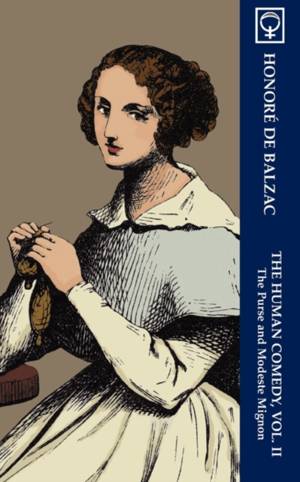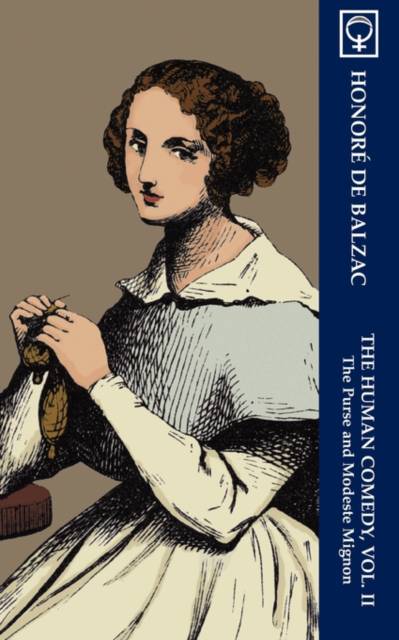
- Afhalen na 1 uur in een winkel met voorraad
- Gratis thuislevering in België vanaf € 30
- Ruim aanbod met 7 miljoen producten
- Afhalen na 1 uur in een winkel met voorraad
- Gratis thuislevering in België vanaf € 30
- Ruim aanbod met 7 miljoen producten
Omschrijving
"The innocence of a girl is like milk which is turned by a thunder-clap, by an evil smell, by a hot day, or even by a breath."
The chance meeting of a renowned painter and a mysterious girl blossoms into love, but when their ensuing courtship is marred by the disappearance of a purse full of money, their newfound happiness threatens to unravel . . . To the north of Paris in the port city of Le Havre, a drama of love and deception unfolds when the last and fiercely guarded daughter of a once prosperous family falls in love with the verses of a famous poet―but is this great man of letters with whom she enters into an impassioned correspondence really the person she believes him to be?
The theme of reality versus illusion, particularly in matters of love, dominates the two works of this second volume of Balzac's magnum opus.
La Comédie Humaine, left unfinished at the time of Balzac's death, is a vast literary work comprising nearly one hundred short stories, novellas, and novels set in the aftermath of the Napoleonic Wars during the Bourbon Restoration and the July Monarchy. Throughout, Balzac utilizes nineteenth-century French society to examine humanity and the human experience with all its attendant virtues, vices, and peculiarities.
Honoré de Balzac (1799-1850) was one of France's most prolific and influential writers, and is generally considered to be one of the first and greatest of the literary realists. In his lifetime, he tried and failed at a number of professions, including that of legal clerk, printer, publisher, and as a businessman who engaged in a number of abortive ventures. These experiences, as well as numerous affairs with admiring ladies―many of them from the nobility―and an unsuccessful run for public office, provided him with a wealth of material for his writing, in which he was able to create some of the most memorable characters in French literature.
Specificaties
Betrokkenen
- Auteur(s):
- Uitgeverij:
Inhoud
- Aantal bladzijden:
- 372
- Taal:
- Engels
- Reeks:
- Reeksnummer:
- nr. 2
Eigenschappen
- Productcode (EAN):
- 9780976706229
- Verschijningsdatum:
- 3/11/2009
- Uitvoering:
- Paperback
- Formaat:
- Trade paperback (VS)
- Afmetingen:
- 127 mm x 203 mm
- Gewicht:
- 367 g

Alleen bij Standaard Boekhandel
Beoordelingen
We publiceren alleen reviews die voldoen aan de voorwaarden voor reviews. Bekijk onze voorwaarden voor reviews.











